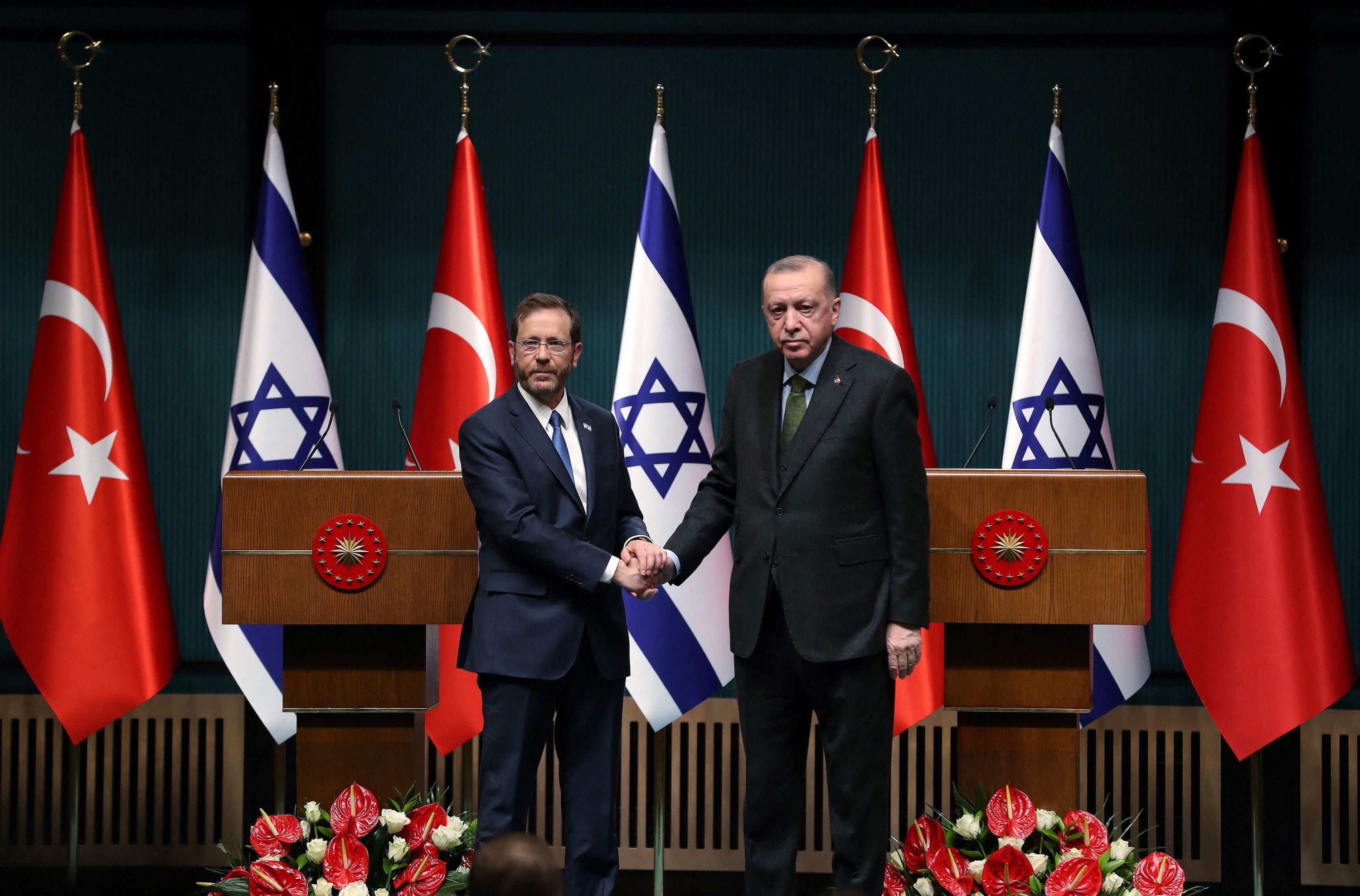© Turkuvaz Haberleşme ve Yayıncılık 2025
By the end of the Cold War, the bipolar balance of power had disintegrated, turning international politics upside down. While Russia had withdrawn from the world stage, a temporary unipolar world order was founded under the leadership of the United States. Finding itself unrivaled and unchecked in the international arena, the U.S. invaded Afghanistan and Iraq with impunity, suspending international law and de facto annulling international organizations such as the United Nations.
During this so-called “new world order,” which brought both lawlessness and arbitrariness to international politics, the U.S. could not be troubled to legitimize its aggressive foreign policies, paving the way for Russia’s expansionism in Eastern Europe. Meanwhile, the U.S.' tenure as the world’s sole gendarmerie came to an end with the emergence of new global and regional powers, creating a multipolar balance of influence.
The Syrian crisis was one of the principal factors that led Turkey to make a dramatic change in its foreign policy. After being left alone by its NATO allies, Turkey came to realize that the traditional alliance system had collapsed, and thus, adopted a multilateral and multidimensional foreign policy. As its relations with the U.S. deteriorated, Turkey counteracted the American pressures by establishing a cooperative relationship with Russia. Thanks to the delicate use of diplomacy, Russia and Turkey have so far succeeded in coping with a clash of interests in a number of issues in Russian-Turkish relations, establishing enduring cooperation despite their regional competition.
With Russia's return to the world stage as a military superpower, Turkey is emerging as the most plausible candidate to tread the fine line between the West and Moscow. Stuck in the Cold War paradigm, opposition parties have a hard time appreciating Turkey’s independent foreign policy in the post-Cold War era. Thanks to Turkey’s ongoing constructive diplomacy during the Ukrainian crisis, Washington may appreciate the significance of Ankara's independent foreign policy for peace and stability.
Instead of putting its trust in international alliances, Turkey has launched a strengthening process from within over the past two decades with the aim of becoming a nation-state. It pulled through a series of regional crises thanks to its hard and soft power. After proving its worth as a playmaker in Syria, Libya, the Eastern Mediterranean and the Nagorno-Karabakh war, Turkey now seeks to reform its regional policies and improve its relations with its neighboring countries. The recent meeting between Israeli President Isaac Herzog and President Recep Tayyip Erdoğan might rekindle the Turkish-Israeli regional alliance after years of turbulence.

Similarly, Turkey’s ongoing rapprochement with the Muslim countries of the Middle East – particularly Egypt, the United Arab Emirates (UAE) and Saudi Arabia – reflects its status as a rising regional power.
Erdoğan's leadership has played a crucial role in establishing such a strong and flexible foreign policy. While European countries face a crisis of leadership, Turkey has come to the forefront of international politics thanks to Erdoğan's charismatic and visionary leadership.
In the midst of the ongoing Russia-Ukraine war, Turkey once again proved itself as one of the leading players in its region of influence, demonstrating the success of its independent foreign policy.
Through the Antalya Diplomacy Forum (ADF), Turkey enabled the warring parties of the crisis to begin negotiating the terms of their reconciliation at the level of foreign ministers. Even though Russia and Ukraine failed to reach a cease-fire, Foreign Minister Mevlüt Çavuşoğlu’s serving as the third party in the negotiations was crucial. Thanks to its independent foreign policy, Turkey will maintain its role as a mediator to convince Russia and Ukraine to work toward reconciliation.
